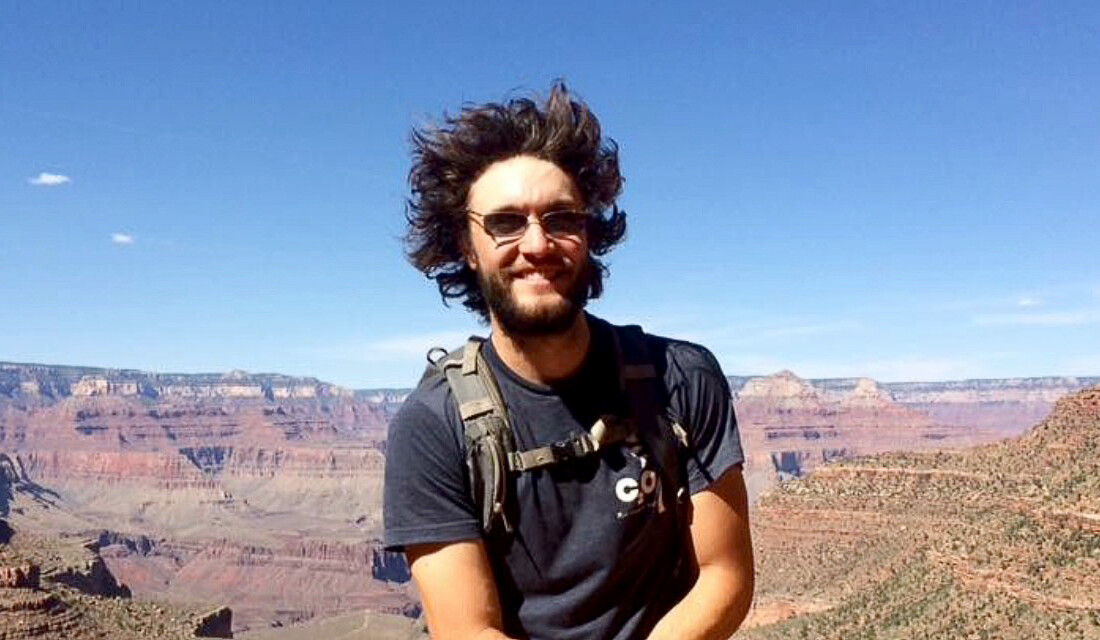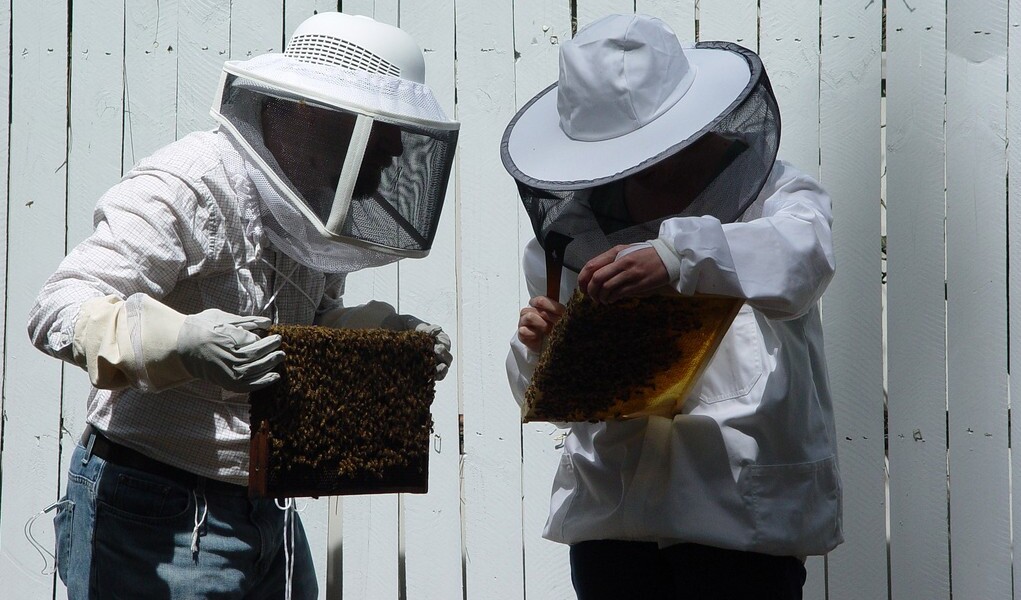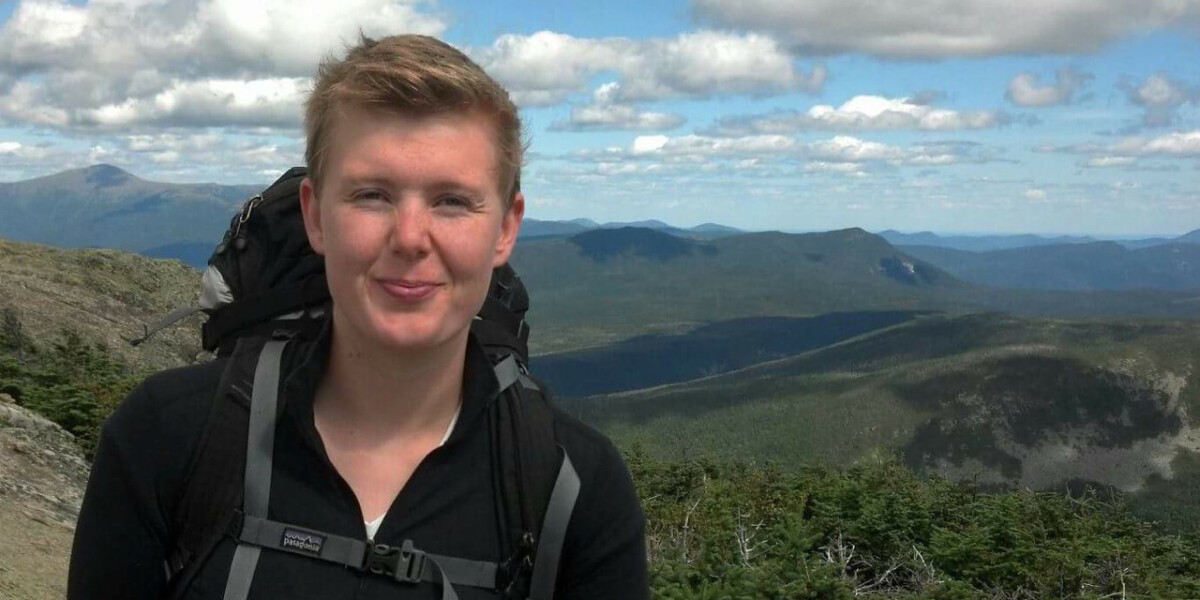Benjamin Bartley’s career has touched many facets of the food industry, from baker, cook, and butcher to educator, advocate, and program director. The University of Florida alumnus, who graduated with degrees in religion and political science, completed UVM’s Food Hub Management Certificate Program last year.
Now a value chain specialist at La Montañita Co-op in Albuquerque, New Mexico, Benjamin is taking what he learned in the Food Hub program and applying those tools to his work.
The UVM Food Hub Management program—the first and only program of its kind in the country—offers a blend of hands-on, community-based, online and on-campus learning. Students in the program are prepared for effective management of food hubs and provide essential tools to advance their career in food systems.
The Business of Local Food
We talked to Benjamin about strengthening New Mexico’s agricultural sector, why he enjoys working in the local food movement, and what he valued most about the UVM Food Hub program.
You were the food access director of The Arcadia Center for Sustainable Food & Agriculture in Alexandria, Virginia, while you were a student in the UVM Food Hub Program. You then changed jobs and relocated to New Mexico last January. What led to making such a big change?
I had been following La Montañita Co-op for several years, as they had once sponsored a similar mobile market program to what I was managing at Arcadia. When an opportunity to work at La Montañita became available, I was thrilled to be chosen to continue—and grow—my career in local food systems at the co-op. The position was made possible by La Montañita’s participation in a new USDA program called FoodLINC, which stands for Leveraging Investment for Network Coordination.
How is working for a co-op in the southwest different from working at a food system nonprofit in the Washington, DC, area?
There are many differences between the two areas, but the main difference is the scale of the work. La Montañita’s retail stores and warehouse collectively do about $40 million in annual sales. The co-op has also been a part of its community for 40 years, working with its value chain partners throughout La Montañita’s multi-state foodshed for decades. But there are also some similarities. While the co-op is for-profit, it is also democratically run through an elected board of directors that is responsible for realizing La Montañita’s Ends, or mission. Most businesses don’t have mission statements like non-profits do. The co-op also incorporates food access into its daily work, which was core to Arcadia’s mission.
Can you tell us a little more about your work at La Montañita Co-op?
My general mandate is to help strengthen the New Mexico agricultural sector. That means creating market opportunities for New Mexico growers, which often involves leveraging the co-op’s resources and infrastructure; sometimes this results in a sale between a grower and La Montañita. But that can also mean that I’m writing grants for growers, matching them with buyers with greater purchasing power than La Montañita has, or conducting food and agriculture-related policy advocacy that doesn’t directly benefit or involve the co-op.
What is the most important skill you gained in the UVM Food Hub Program?
I like describing the program as a crash-course MBA that uses local food distribution as the case study. The most important skill I gained from the program was how to apply universal business tools to local food systems.
Would you recommend the UVM program to others?
I would recommend the UVM program to others—and have, including my successor at Arcadia—because it’s cohort driven, which allows for the sharing of experiences and best practices among peers. The subject matter experts who lead the modules and the network of professionals you gain access to through participating in the program are also invaluable, and are a resource that I continue to tap into.
You studied religion in college. Why did you decide to make the switch to food system work?
I majored in religion in college, but I also studied political science and environmental studies. Before that, I went to a culinary school. I’ve been involved with a number of fields and career paths, but I’ve always been working with food in one way or another. The switch from religion to food wasn’t that hard in the sense that both impact society through many facets, yet are ultimately a very personal thing.
What do you enjoy most about working with local food?
Food systems work is an interdisciplinary field—I like this because it requires that you draw from a similarly diverse set of tools and skills. I’m passionate about local food in particular because it’s inherently transactional—you’re constantly making relationships to get the product to market. And because it’s so perishable, you get to see the impact and fruits of your labor on a daily basis.
Learn more about the UVM Food Hub Management Certificate Program




